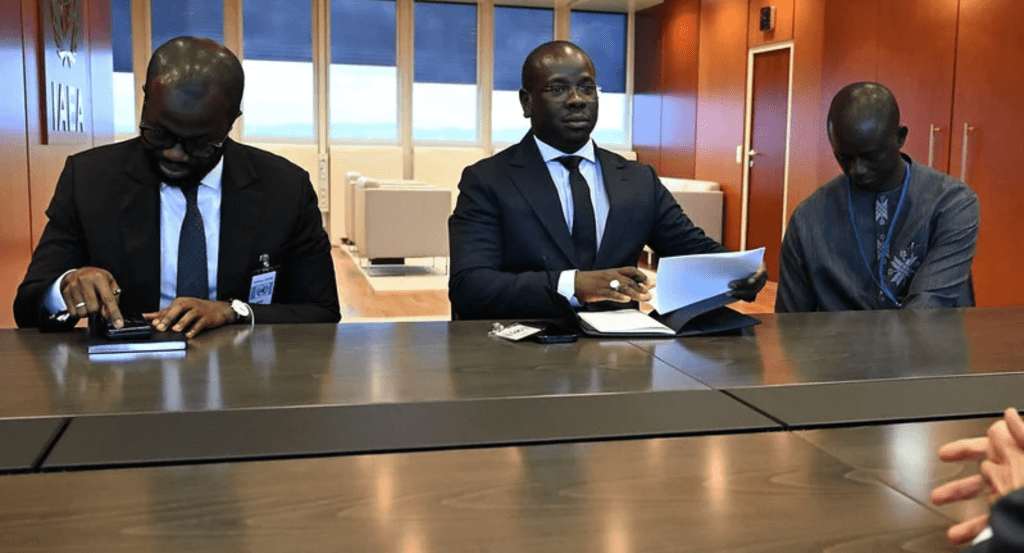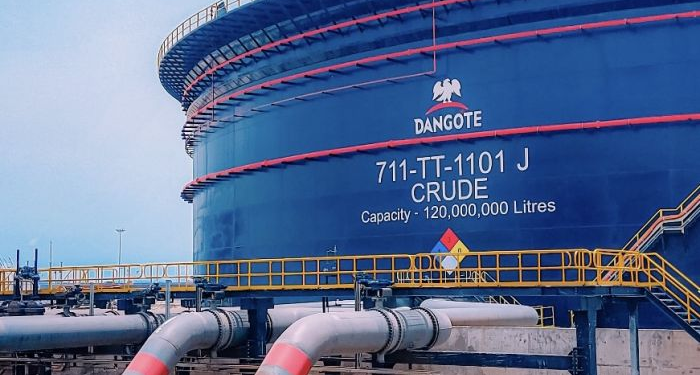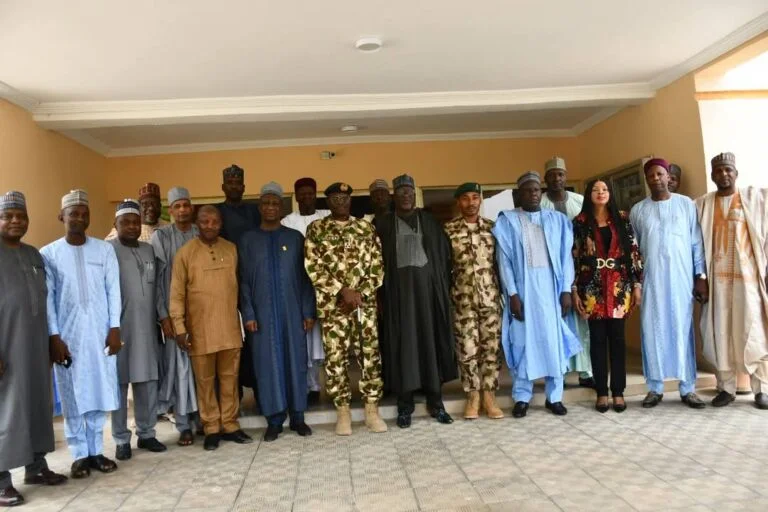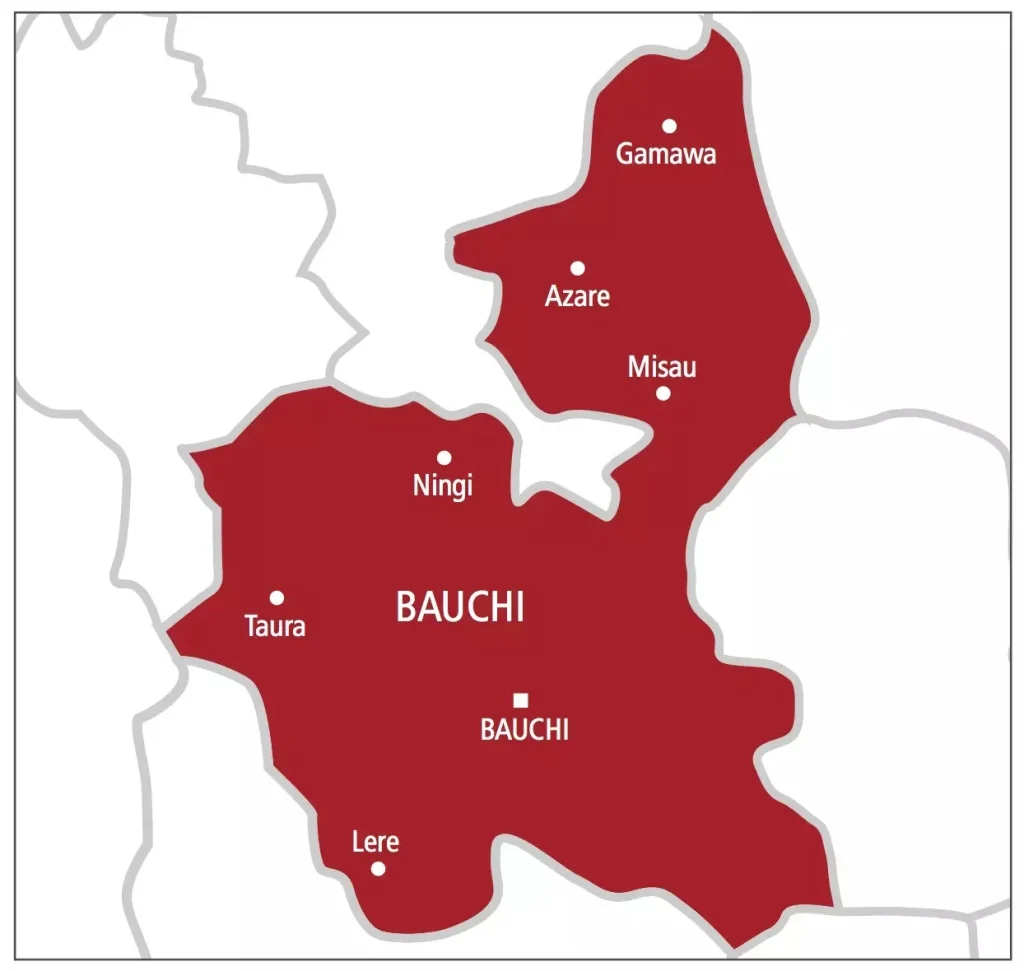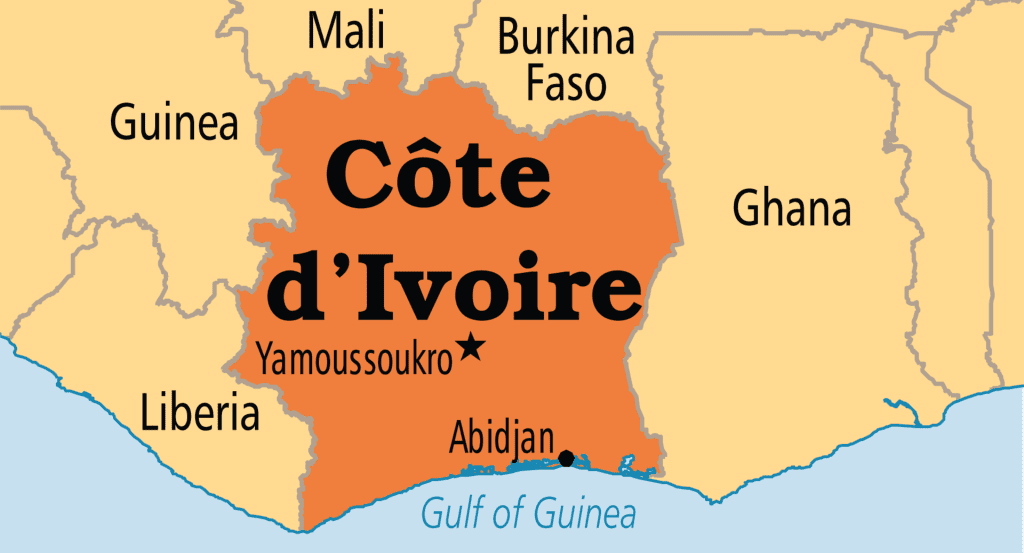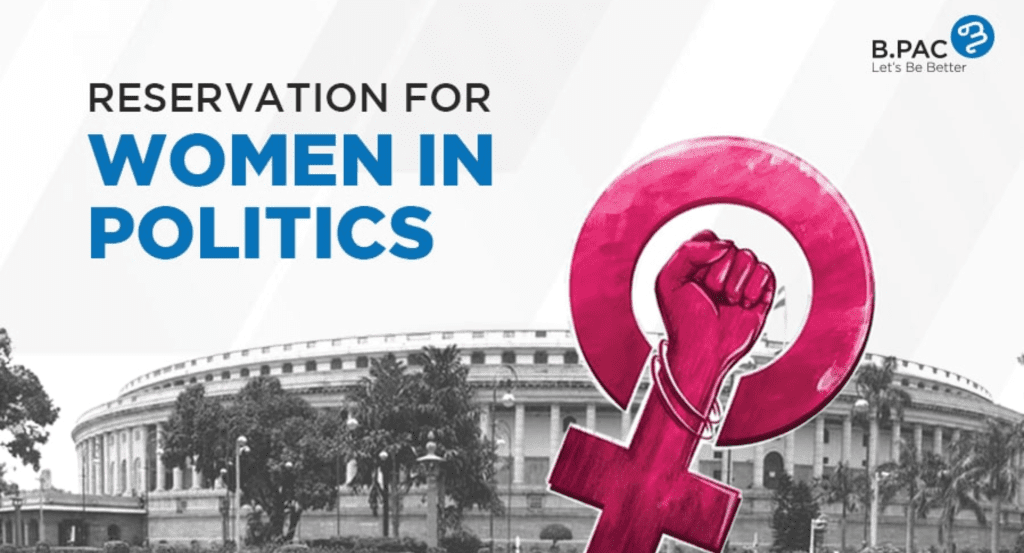The African Development Bank (AfDB) has launched an innovative energy efficiency project in Senegal, marking a significant step toward sustainable energy use in West Africa. With a budget of $8.7 million, the initiative aims to improve lighting systems across the country, significantly reducing energy consumption and greenhouse gas emissions.
The project, in collaboration with Senegal’s Ministry of Petroleum and Energy, will distribute over five million high-efficiency light bulbs to households, businesses, and public facilities. This effort is expected to save up to 105 gigawatt-hours of electricity annually, translating into a reduction of over 35,400 tons of carbon dioxide emissions.
The AfDB’s intervention aligns with its broader “Desert to Power” initiative, which aims to make Africa a renewable energy powerhouse by harnessing the region’s vast solar potential. According to AfDB officials, the lighting project not only addresses Senegal’s energy demands but also sets an example for other African countries to adopt similar efficiency measures.
In addition to environmental benefits, the program promises substantial economic savings. Lower electricity consumption will reduce energy bills for families and businesses, enabling them to allocate resources to other essential needs. It is also anticipated to create jobs in the installation, maintenance, and production of energy-efficient technologies.
Energy experts have highlighted that Senegal’s move is crucial for meeting the continent’s energy efficiency goals. According to the International Energy Agency (IEA), Africa’s energy demand is expected to grow rapidly due to urbanization and population growth. Efficient energy use, particularly in lighting, could help manage this demand while minimizing environmental impact.
The project also underscores the importance of partnerships in driving energy innovation. Private sector involvement, alongside international funding, has been pivotal in ensuring the project’s financial viability and technical success.
Despite its ambitious scope, challenges remain. Ensuring equitable distribution of light bulbs, particularly in rural and underserved areas, is a critical concern. However, the Senegalese government has expressed confidence in its ability to reach all regions effectively.
As Senegal sets the stage for large-scale energy efficiency, the project is expected to inspire similar initiatives across the continent. By addressing both environmental and economic challenges, it is poised to become a model for sustainable development in Africa.


